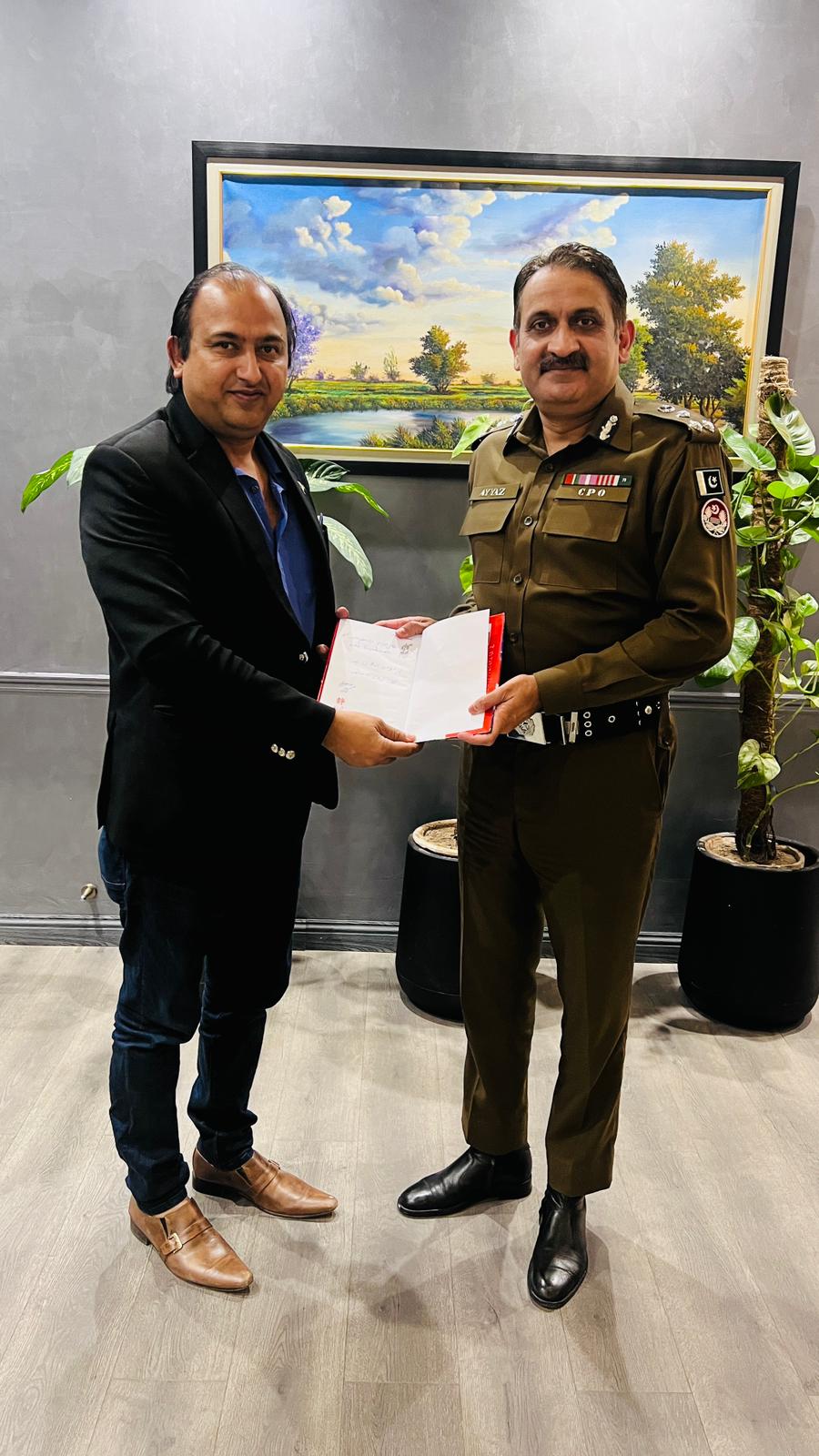Report by Mohammad Irfan Siddiqui | June 16, 2025
In a significant shift for Pakistani law enforcement, Gujranwala under the leadership of City Police Officer Ayyaz Saleem has emerged as a model of effective, citizen-centric policing. At a time when public trust in the police is often low, the Gujranwala force has secured widespread public confidence—an achievement validated by robust data and underscored by provincial support from Punjab’s highest civilian and police leadership.
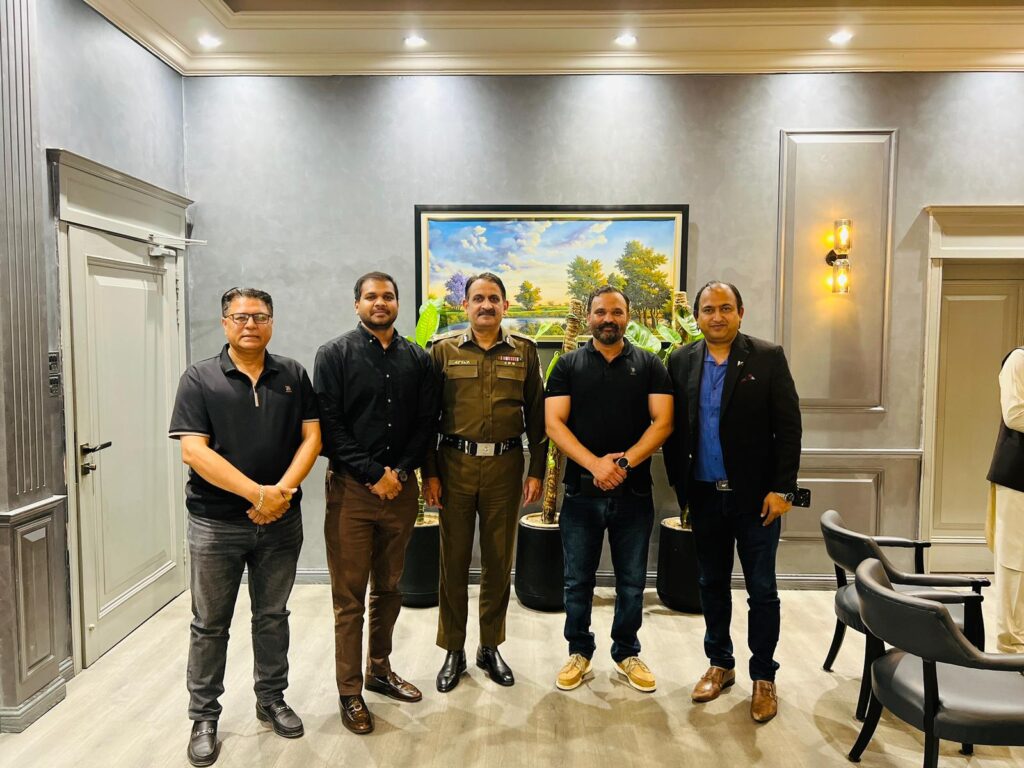
Gallup Pakistan Survey: A Bold Move Toward Transparency
CPO Ayyaz Saleem’s decision to commission an independent public sentiment survey from Gallup Pakistan between May 12 and 20, covering 801 respondents across Gujranwala, marks a refreshing departure from conventional police practice. Rather than hiding behind internal statistics or selective feedback, CPO Saleem demonstrated bold transparency, accountability, and a readiness for reform guided by public opinion.

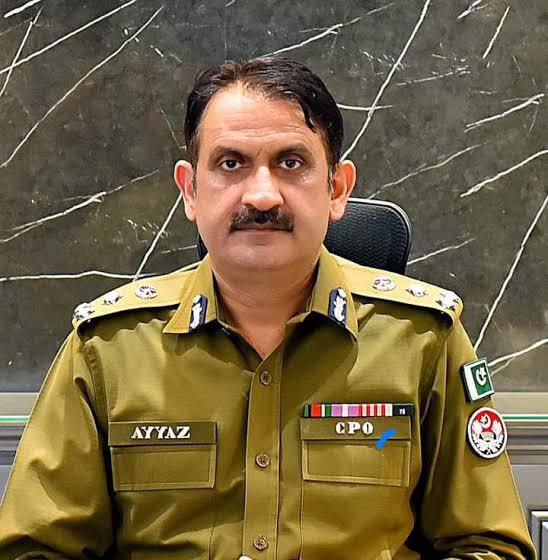
Crime Control & Safety: Real Gains on the Ground
The survey found that over 70 percent of Gujranwala residents feel safe walking alone, shopping, or driving—a direct reflection of CPO Saleem’s aggressive focus on patrol presence and crime prevention strategies. A striking 66 percent believe the police are sufficiently resourced, a testament to his improvements in resource planning and deployment.
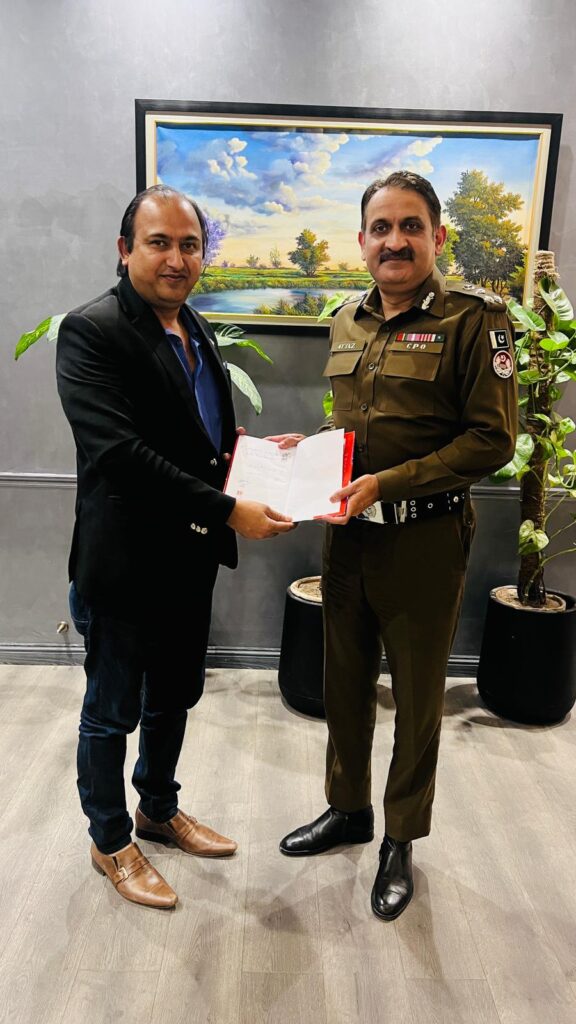
Even amid praise, the survey candidly identified gaps—54 percent cited low public cooperation with police in preventing crime, largely attributed to limited awareness. Recognizing this, CPO Saleem has launched community forums and awareness drives to encourage civic engagement and shared responsibility.
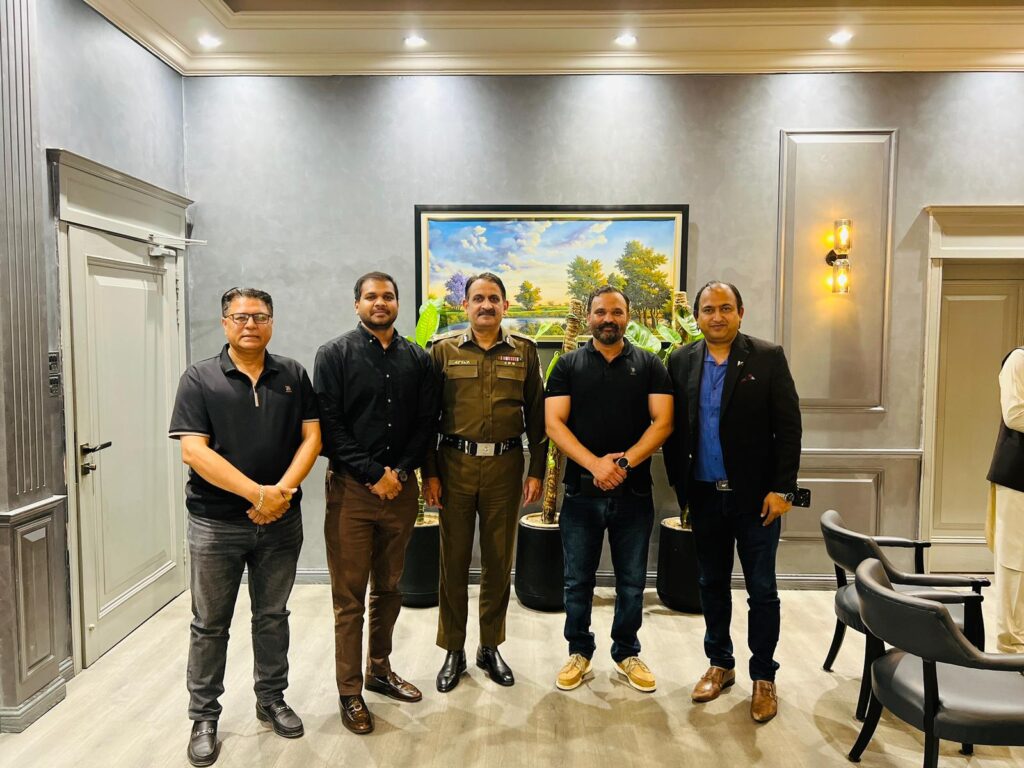

Investigations & Communication: Commitment to Improvement
While 84 percent acknowledged that accused individuals identified by complainants get arrested, only 33 percent reported being informed about judicial procedures, and 31 percent noted updates during the process. CPO Saleem views these not as shortcomings, but as opportunities for enhancement. New training programs are already underway, aimed at bolstering investigation officers’ communication skills and transparency—an essential reform for building long-term trust.
Traffic and Service Delivery: Raising the Bar
CPO Saleem’s reforms extend to areas often overlooked: 88 percent approval for traffic management highlights the impact of initiatives like strategic signal placement, enforcement through selective patrols, and technology-aided traffic controls.
Beyond enforcement, 71 percent appreciated improved victim assistance, 74 percent praised officers’ conduct, and 73 percent noted better community collaboration—clear evidence that Gujranwala’s police have begun to embody the principles of compassionate, service-oriented policing.
Corruption, Response Time & Women’s Safety: Notable Gains
64 percent of respondents believe corruption has decreased—a significant perception shift in a field historically riddled with distrust. Moreover, 50 percent of calls were responded to within 10–15 minutes and 76 percent within 30 minutes—metrics that illustrate streamlined patrol coordination and dispatch systems.
Women’s security emerged as a standout success:
• 95 percent rated female officers’ professionalism highly.
• 87 percent trust the women’s enclave model.
• 91 percent were satisfied with police efforts to protect women.
This remarkable feedback underscores CPO Saleem’s priority on gender-inclusive policing, a policy gaining traction across the province.
Chief Minister Maryam Nawaz Endorses Gujranwala’s Transformation
Punjab’s first-ever female Chief Minister, Maryam Nawaz (appointed February 26, 2024), has closely monitored Gujranwala’s policing approach. Known for introducing initiatives like the Pink Bus women’s transport project, Cancer Hospital project, and Suthra Punjab cleanup campaign  , CM Nawaz has publicly applauded the Gujranwala model as “[a] blueprint for policing reform across Punjab.” Her support lends political momentum to CPO Saleem’s efforts and signals potential scaling to other districts.
IG Punjab Dr. Usman Anwar: The Systemic Backbone of Reform
At the provincial law-and-order helm is IG Punjab Dr. Usman Anwar, in office since January 24, 2023, and a recipient of both Hilal‑i‑Imtiaz and Sitara‑i‑Imtiaz . Anwar has spearheaded IT-based policing, Safe–City expansion (including Gujranwala), welfare schemes, and widespread community outreach .
Under his guidance:
• Community policing councils in mosques and universities have strengthened citizen engagement .
• Major welfare interventions for officers’ families have been implemented .
• Punjab’s 735 police stations are being upgraded under “Special‑initiative” standards .
IG Anwar’s support gave CPO Saleem the structural and administrative foundation needed to innovate locally—elevating Gujranwala as a province-wide exemplar of modern policing.
Looking Ahead: Scaling Success Beyond Gujranwala
With Gallup‑verified public trust, robust provincial endorsement, and growing inter-departmental synergy, the Gujranwala template is poised for broader adoption:
1. Enhanced Investigation Communication: CPO Saleem’s new officer training regimen aims to close reporting and update gaps.
2. Awareness and Cooperation Campaigns: Public sensitization drives and neighborhood safety committees (already piloted) will foster a proactive citizen–police partnership.
3. Safe‑Cities & Tech Integration: The expansion of PSCA infrastructure under IG Anwar complements local patrol strategies with surveillance and rapid-response capabilities  .
Conclusion: A Unified Vision of Public Service and Security
Gujranwala’s remarkable leap in public confidence is no accident. It reflects CPO Ayyaz Saleem’s socially attuned, data‑driven leadership, supported by CM Maryam Nawaz’s policy vision and IG Usman Anwar’s structural reforms. Together, they have reshaped policing from confrontation to cooperation, and from control to service delivery.
What began as a courageous experiment—CPO Saleem’s Gallup Pakistan survey—now unfolds as a policing renaissance, influencing public safety on the ground and policy in the corridors of power. Gujranwala is no longer an exception; it is becoming a blueprint for provincial reform, a testament to what focused leadership and community-oriented strategy can accomplish.
If you’d like a finely tuned Urdu version, a condensed social‑media narrative, or a breakdown of specific reform pillars, please let me know—I’d be happy to assist.

